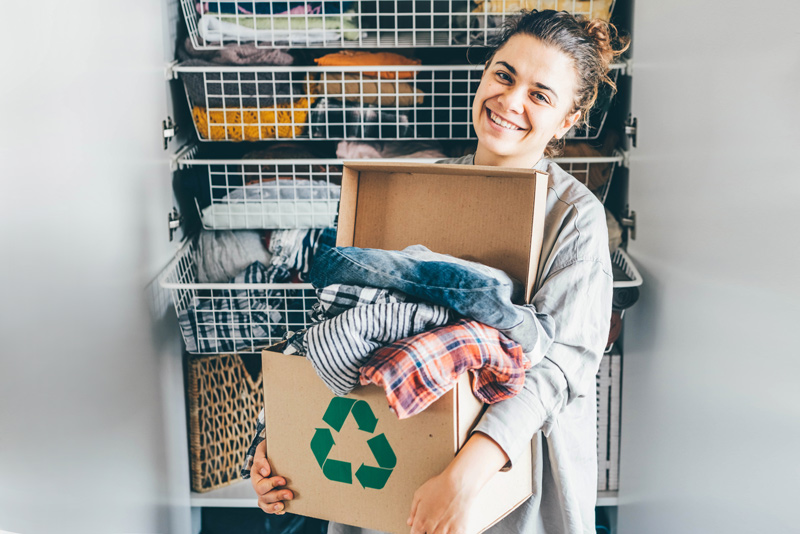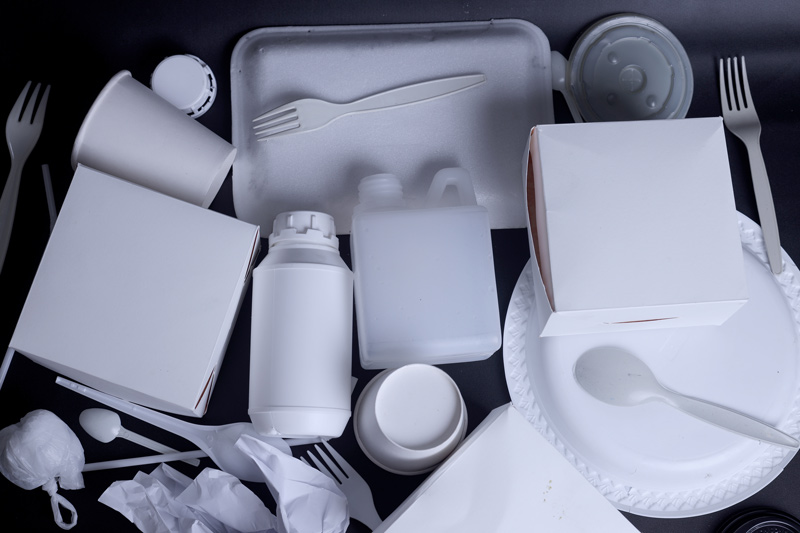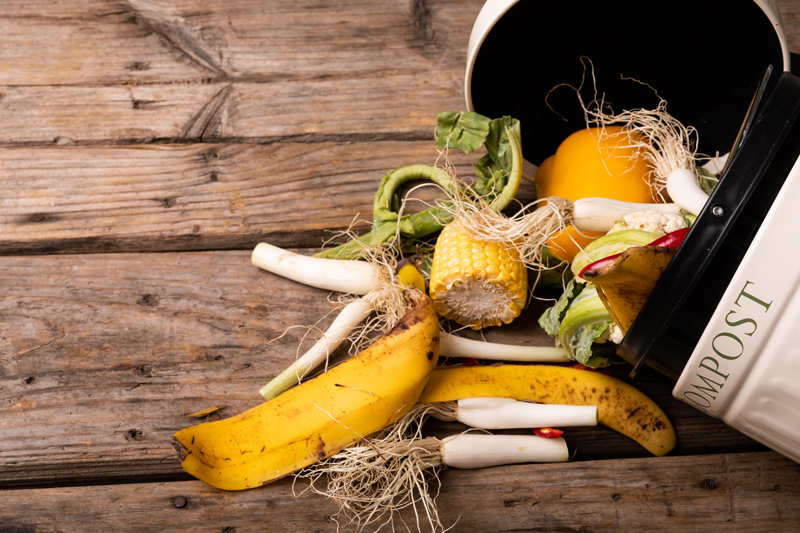While achieving a zero-waste lifestyle may seem daunting, transitioning to low-waste living is feasible and highly impactful. This March, join us in our challenge to minimize waste and consider the full lifecycle of the items you use.


Every item discarded in your trash can, especially non-recyclable plastic, is a missed opportunity to reduce environmental impact. On a finite planet, there’s no “away”; everything you throw out has to go somewhere, often contributing to pollution and carbon emissions.
Plastic remains a significant problem due to its production processes and end-of-life issues. It’s nearly impossible to completely eliminate plastic use, but understanding its true cost—including environmental degradation and health risks—is crucial. Making conscientious choices to avoid excessive plastic use can substantially decrease your ecological footprint.


In Canada, about 58% of all food produced is wasted annually, amounting to over 35 million tons. By implementing strategies like better meal planning and composting, you can significantly reduce this waste. Composting is particularly effective as it prevents the production of methane—a potent greenhouse gas—by keeping organic matter out of landfills.
Through initiatives like our “Gala in the Woods,” which successfully minimized waste for over 120 guests, we demonstrate that significant waste reduction is achievable and impactful.